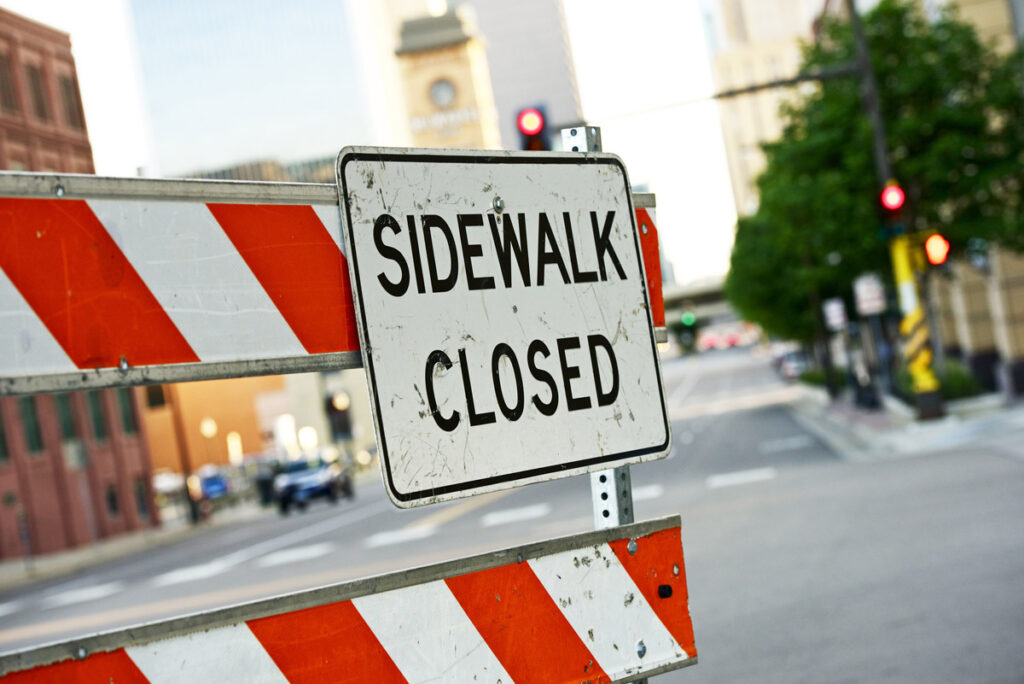In Padilla v. Young, (A-43-22), the Supreme Court of New Jersey, in a 4-3 decision, tossed away centuries of common law and decades of New Jersey decisional law. From now on, a business owner has the duty to keep the public sidewalks that border all of its business property free from defects and hazards that could endanger pedestrians – even if the business property is a vacant lot.
Under the common law, no one had the duty to maintain public sidewalks other than the government. Such an “anachronistic rule” was replaced in 1981 when the Court ruled that it was far more practical to make businesses responsible for the public sidewalks that abut (i.e., border) their place of business, and at the same time maintaining the common law rule for residential properties. Over the years, the lower courts tried to fashion ways of analyzing vacant lots and unused business property to determine whether they were “places of business” to which liability for sidewalk hazards could be imposed. In the end, the Court rejected those attempts for a new bright-line rule.
So, for you business owners, be vigilant in maintaining your sidewalks to avoid being sued by pedestrians who may fall on them. For pedestrians, if you fall on a sidewalk adjacent to a business property, you may have a claim against that party to recover damages.
